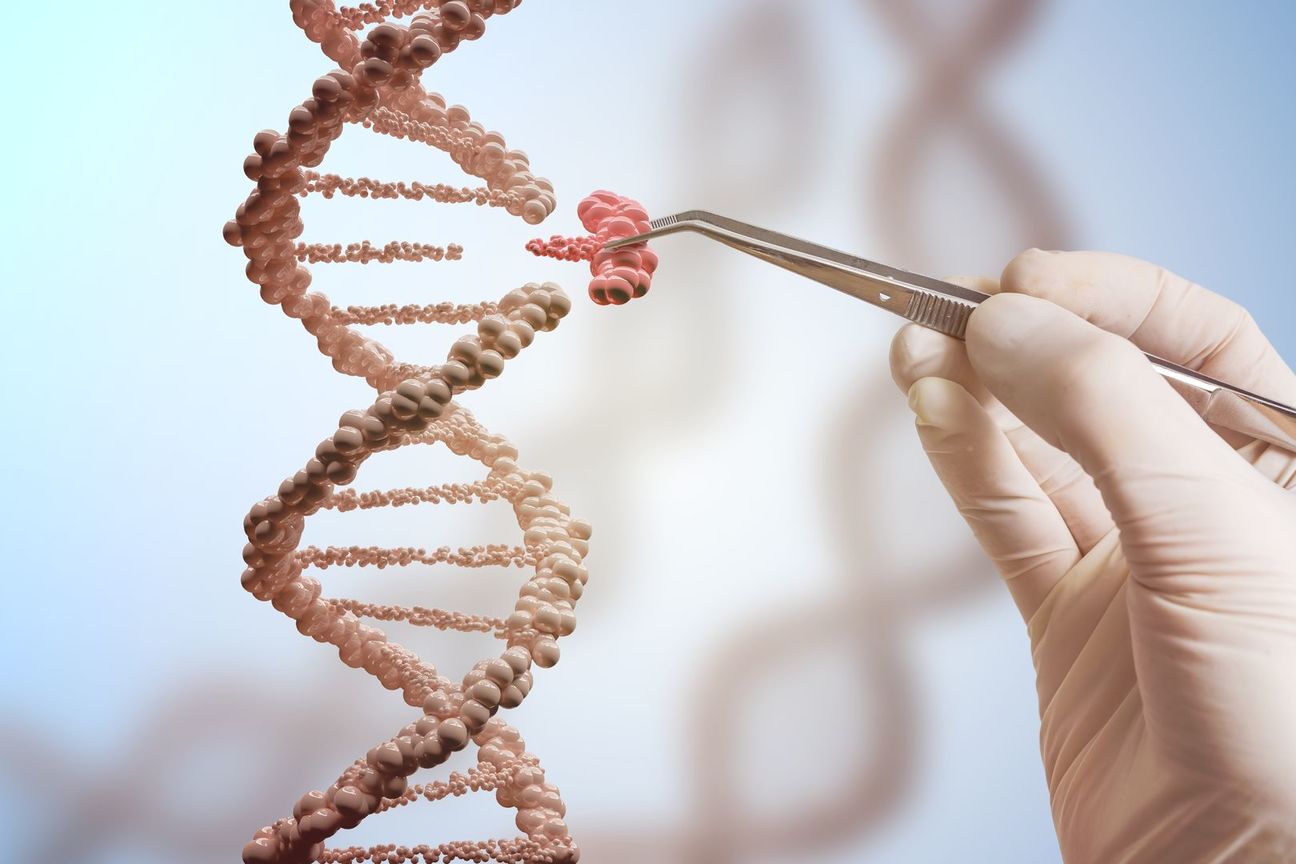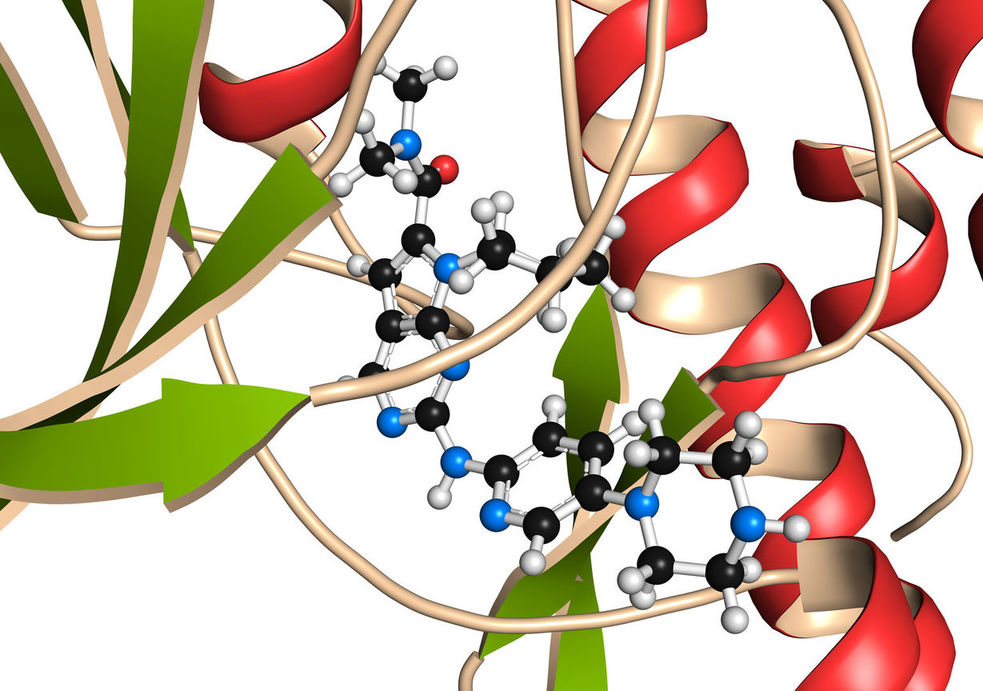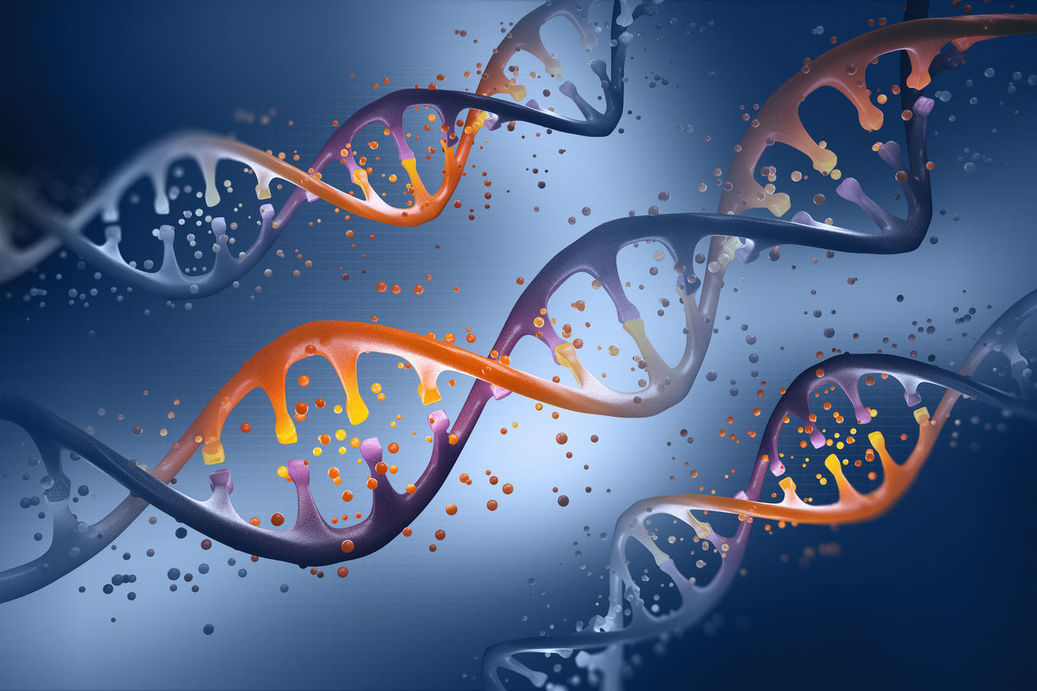Computational Model-assisted Carbohydrate Antigen Structure Design Service
Unlocking the Power of Carbohydrate Antigen Structure Design
Carbohydrate antigens play an important role in the development of vaccines against various pathogenic microorganisms and cancers. Many carbohydrate antigens are biomarkers for cancer. Our trained
Computational Modeling team provides satisfactory
Carbohydrate Antigen Development services based on the antigen biology information provided by our clients. CD BioGlyco provides computational model-assisted carbohydrate antigen structure design services including de novo design services and grafting services.
Modeling
Our lab provides an easy computer-aided antigen design program that facilitates our clients to perform antigen design quickly. Based on reliable data, our researchers provide antigen modeling services.
Our researchers provide multiple sequence alignment and residue identification services. We identify single-point mutations and recognize residue interactions through atom design simulation services.
Our researchers provide free energy prediction and stability improvement services by comparing sequences of target antigenic patterns.
Structure-based antigen design
Epitope grafting: Our experienced researchers graft the desired epitopes into new scaffolds, presenting the epitopes in non-antigenic proteins or antigens that have already reacted with the original thus generating new antigens. CD BioGlyco provides motif-based scaffold selection and side chain or backbone grafting services.
Restrained folding sequence design: Our computational staff grafts epitopes onto the target scaffold topology and provides structure folding (with some topological constraints) and sequence design services.
Sequence/surface optimization: CD BioGlyco provides high-quality sequence/surface optimization services including epitope grafting (arbitrary scaffolds), epitope optimization, simulation of natural epitope environments, and binding force optimization.
Structural refinement sequence design: CD BioGlyco provides high-precision de novo design of topologies around epitopes for antigen design.

Publication
Technology: Bayesian machine learning, Support vector regression (SVR) model, Topography oriented rational design
Journal: PLoS Computational Biology
Published: 2018
IF: 3.8
Results: In this work, the researchers present a multivariate, combined experimental/computational glycoengineering strategy for guiding antigenicity-based de novo glycoprotein design. The researchers used a Bayesian machine learning algorithm to identify specific glycan footprints and design selectively altered antigens. Moreover, the algorithmic prediction data in this work can be used to synthesize novel antigens.
 Fig.1 Factors that are crucial in determining glycosylation site specificity. (Yu, et al., 2018)
Fig.1 Factors that are crucial in determining glycosylation site specificity. (Yu, et al., 2018)
Applications
- Computational model-assisted carbohydrate antigen structure design can be used to design and develop a range of novel carbohydrate antigens and to model antigen-antibody binding.
- Computational model-assisted carbohydrate antigen structure design plays an important role in the development of vaccines.
- Computational model-assisted carbohydrate antigen structure design can be used to design novel, specific antigens capable of eliciting a strong protective immune response.
Advantages of Us
- Our researchers provide grafting strategies that support grafting to defined topologies or scaffold proteins and are not limited to scaffold structures.
- Our high-quality design services offer the advantage of maintaining the desired epitope conformation and the overall stability of the protein.
- The antigen/epitope designs offered by our lab selectively present epitopes that optimally trigger the desired immune response.
Frequently Asked Questions
- What role do carbohydrate antigens play in tumor diagnosis and therapy?
- Tumor-associated carbohydrate antigens (TACAs) are specific glycosylated structures that are aberrantly expressed on the surface of tumor cells and are considered to be cancer-associated biomarkers. TACAs activate immune cells, activate the complement system, promote cytokine production, and exert a multifaceted regulatory effect on the immune system.
- What is reverse vaccinology? Can antigenic molecules obtained based on grafted designs be applied to reverse vaccinology?
- Reverse vaccinology is based on the computational analysis of pathogen genomic and/or proteomic data to identify the proteins of greatest interest for a hypothetical vaccine. Antigenic molecules obtained based on grafted designs can be applied to reverse vaccinology. It helps to design vaccines with broad protective properties that avoid sequences that are not required for the induction of a protective immune response or sequences that may cause disease progression.
CD BioGlyco integrates structural biology, data science, and algorithm design to help our clients develop the most satisfactory carbohydrate antigens. Moreover, our lab provides antigen-antibody interaction prediction and analysis services. Please feel free to contact us.
Reference
- Yu, W.H.; et al. Exploiting glycan topography for computational design of Env glycoprotein antigenicity. PLoS Computational Biology. 2018, 14(4): e1006093.
For research use only. Not intended for any diagnostic use.
Quick Links
Related Services



 Fig.1 Factors that are crucial in determining glycosylation site specificity. (Yu, et al., 2018)
Fig.1 Factors that are crucial in determining glycosylation site specificity. (Yu, et al., 2018)


